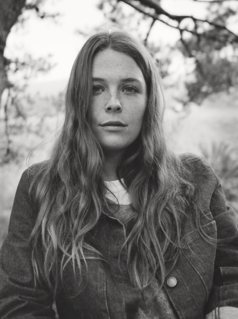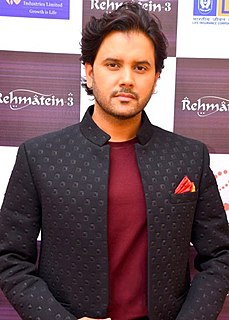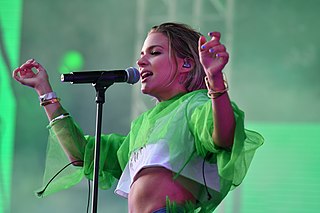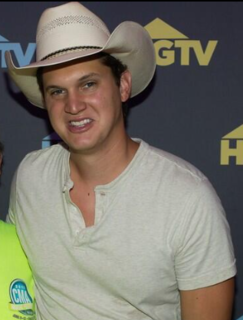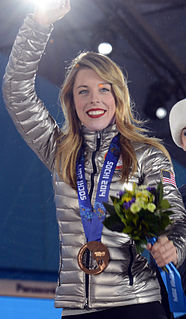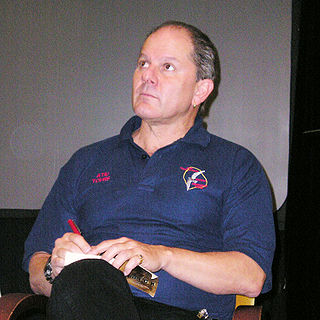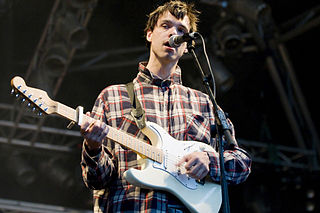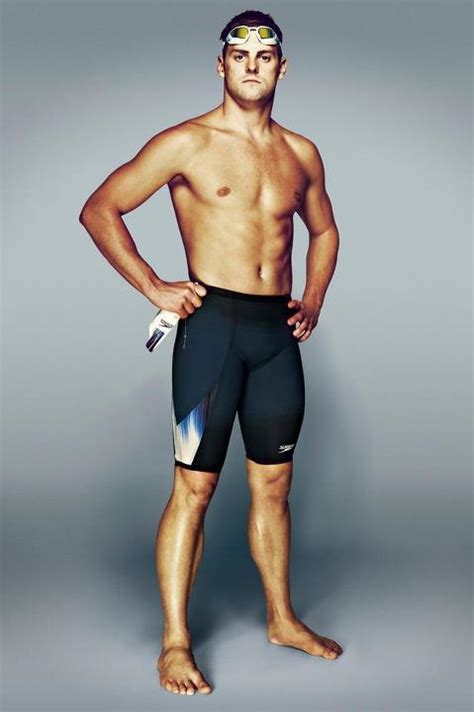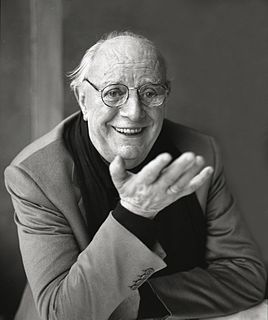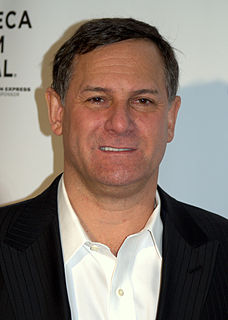A Quote by Maggie Rogers
Music is about connecting with people on a personal level and doing that one set of ears at a time.
Related Quotes
I set goals, but they're mostly very personal goals. I never try and set a goal where 'I want to win this,' or 'I want to do this,' where other people can affect what I do. If I want to swim a new best time, I sit down and work out the best way of doing that. Whether I can shave a few tenths of a second off a turn or the start, my goal is putting them all together in a race. That's the way I set my goals.
I believe that the greatest music is storytelling anyway, in a heightened medium. So I write a lot of music, and I play a lot with my guitar, I still sing a lot, but now I'm more personal about it than public, in a way. I think there will be a time where I'd like to bring the singing back into some of my performances. It all depends if the material's right, if the story's right, if it's my kind of taste in music, as well. It means so much to me. We all know how affective music can be, I just want to make sure when I do it, I'm doing it because I actually feel it and I care about it.
